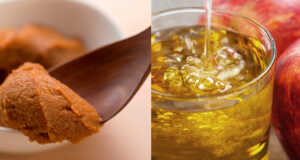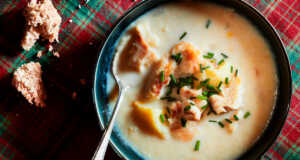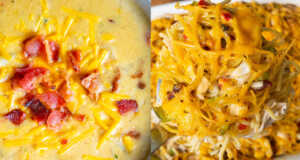In many parts of the world mosquitos are just a fact of life. In areas with a lot of seasonal variations in temperature and humidity, mosquitos are often associated with summer. It is the hallmark of most summer BBQs to have that familiar buzzing followed by the “thwack!” of someone slapping their arm. It’s not uncommon to use the phrase “being eaten alive by mosquitos” to indicate that someone is being bitten a lot, while others at the same event may have no bites. As it turns out there are lot of factors that make some people more appetizing to mosquitos than others.
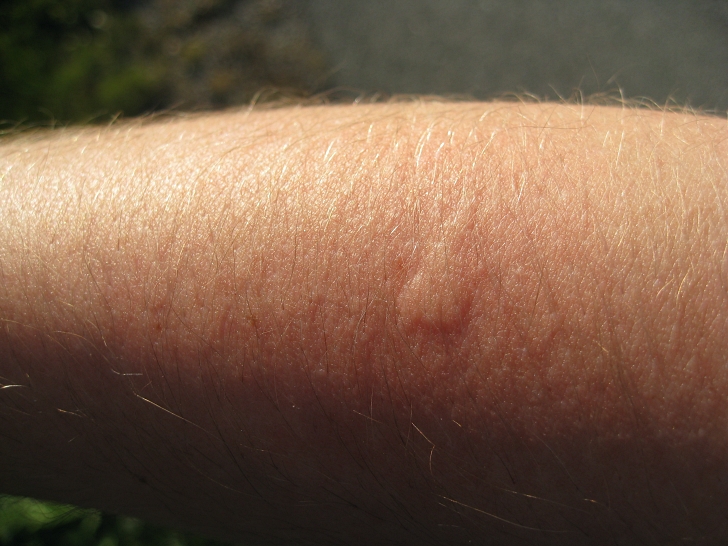
20% of humans are more attractive to mosquitos than the rest of the population, but scientists haven’t yet figured out all the details of what makes these 2 groups different. So far a few factors have been made clear, such as breath and skin excretions.
Carbon dioxide plays a role in who mosquitos will feast on. People who are larger tend to breathe out more carbon dioxide than smaller people and mosquitos use the CO2 as measure of where to look for food. Using a gland called the maxillary palp to detect our exhalations lets them more effectively zone in on their targets. The size difference and increased lung capacity in adults is thought to be why they usually are bitten more often than children are. Pregnant women were also found to be more attractive to mosquitos since they can exhale more carbon dioxide than non-pregnant women.
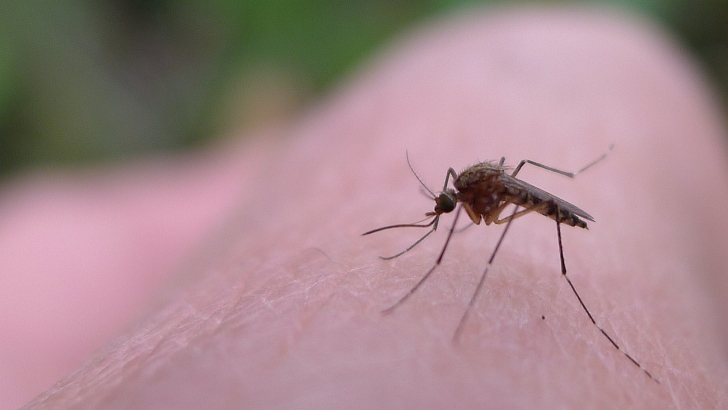
Blood type is another preference point for the little bloodsuckers. People with type O blood were chosen by mosquitos much more often compared to those with type A blood. Type B fell in the middle and those who unwittingly secrete a chemical skin signal of their blood type were the most often bitten- regardless of which blood type there had.
It seems that mosquitos like to know what’s on the menu and have favorites when it comes to blood type.
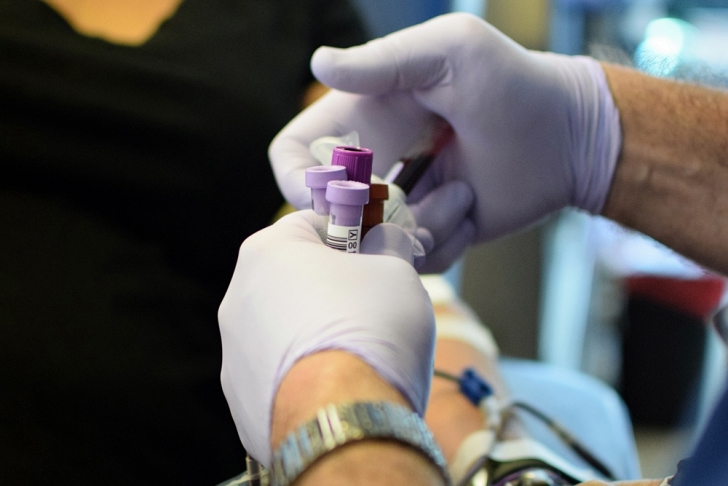
Naturally-present skin bacteria also influenced mosquito bites in a 2011 study. Those with high levels of a few particular strains on their skin were bitten more often than those with greater diversity of bacteria.
Other factors like genetic predisposition to secreting chemical signals (like those for lactic acid and uric acid) and situational variations (like body higher temperature) may also help mosquitos to hone in their next meal.

In a study from 2010 in Burkina Faso it was shown that beer drinking influenced number of mosquito bites more than carbon dioxide exhalations or temperature and was the main factor that altered the number of bites the most. The beer drinkers were bitten far more often than those who had not had any beer.
Another study showed that a single 12-ounce glass of beer was enough to make one more attractive to mosquitos.
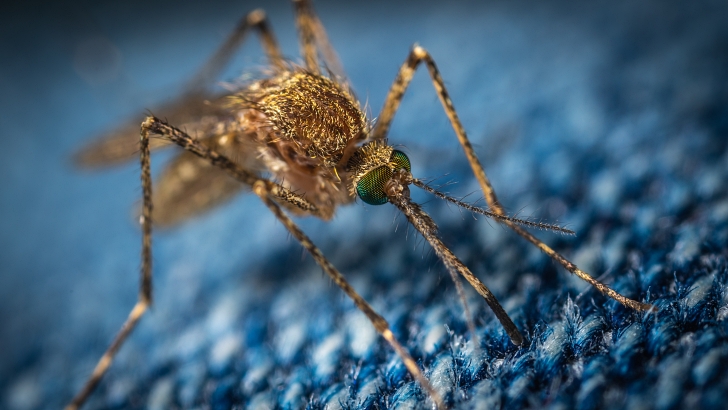
Finally, another controllable factor for mosquito bites is clothing color. Mosquitos have been shown to have a preference for those wearing black or dark blue clothing. So it turns out that the white clothes you wear to reflect the sun may also help you avoid mosquito bites, too.

